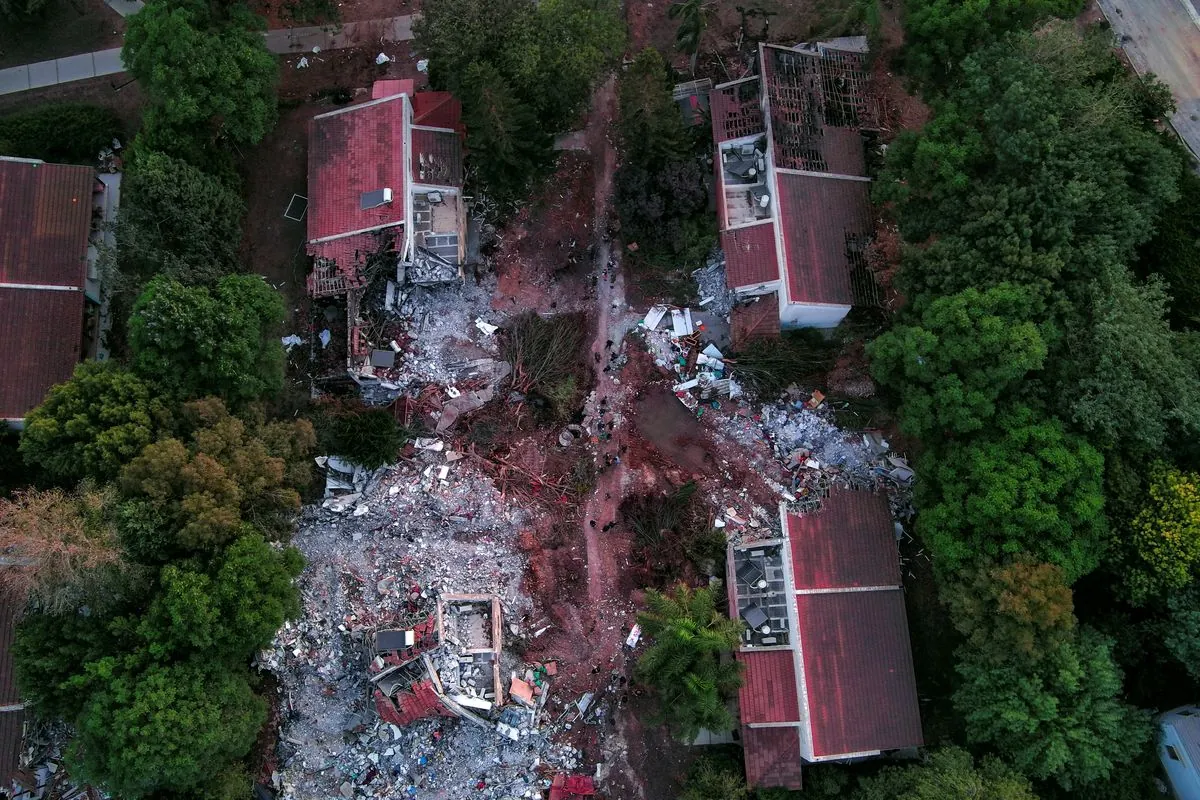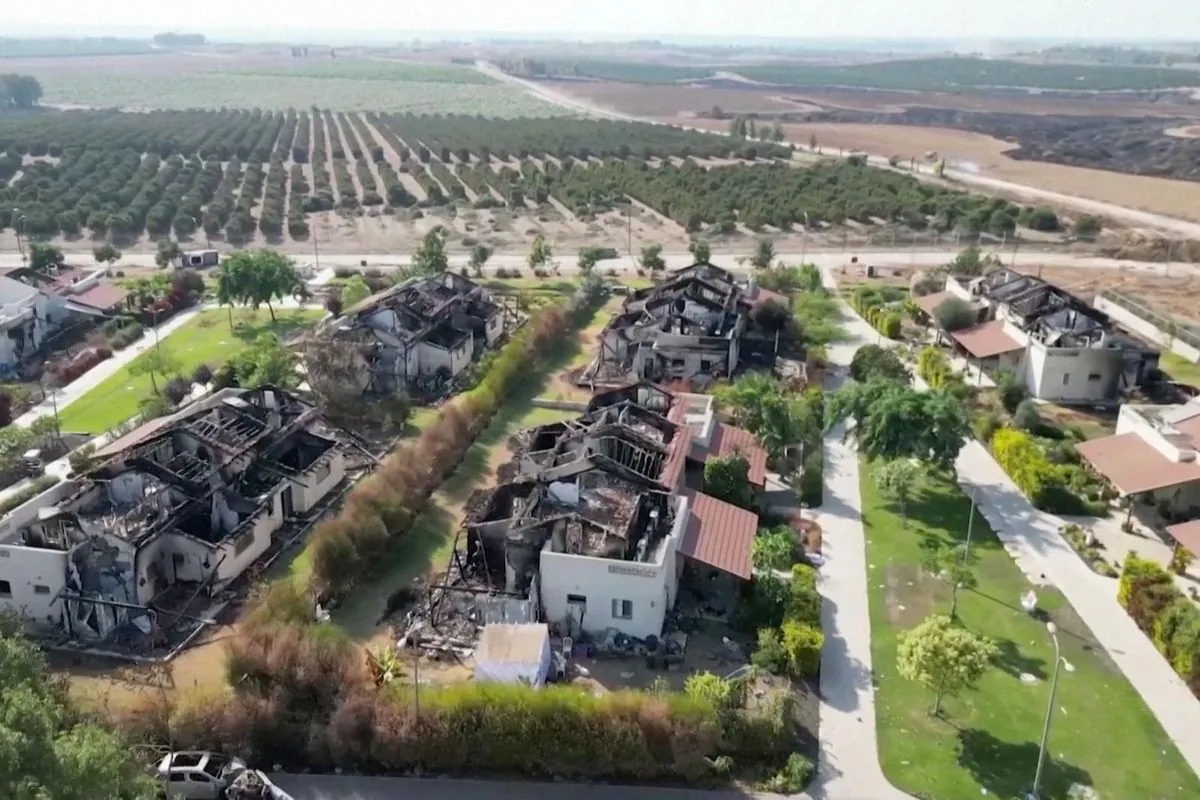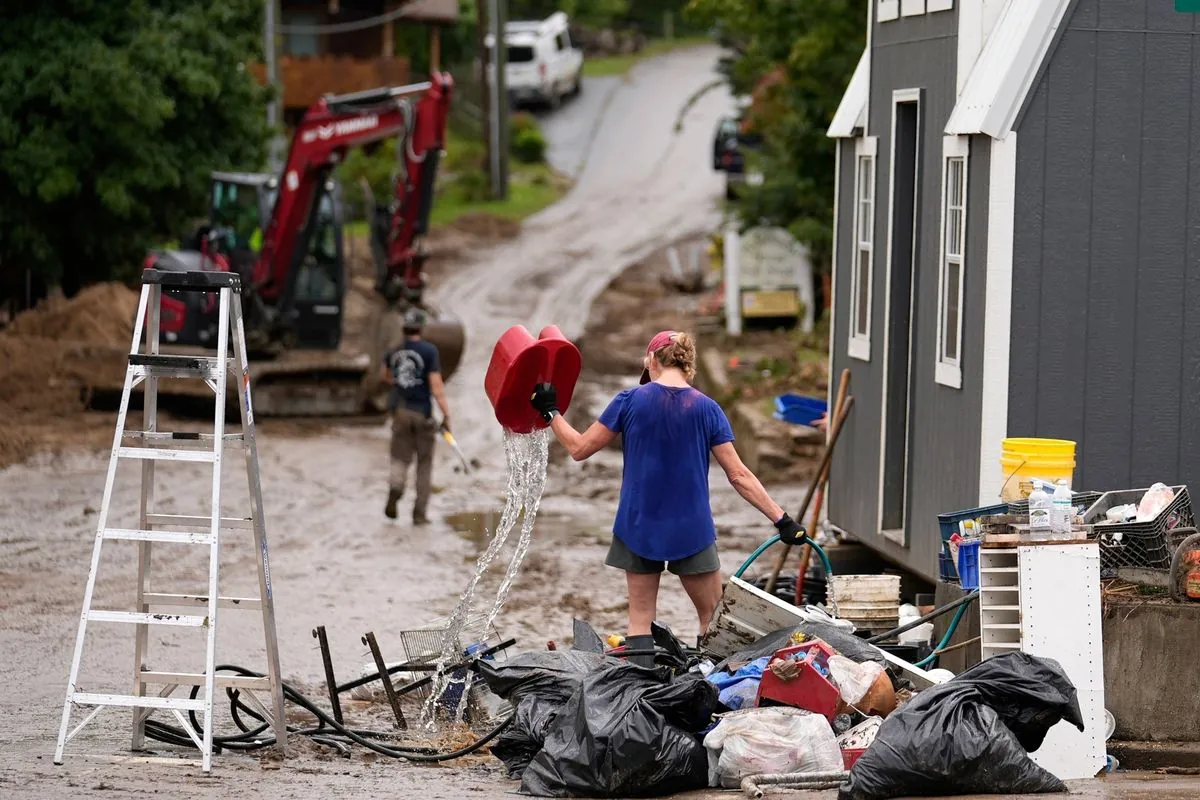Kibbutz Beeri: A Year After Tragedy, Community Struggles to Rebuild
One year after a devastating attack, Kibbutz Beeri grapples with trauma and rebuilding. Residents return amid ongoing challenges, as the community seeks to preserve its identity while adapting to a new reality.

Kibbutz Beeri, a once-thriving agricultural community near the Gaza border, is slowly emerging from the shadows of a tragic event that occurred one year ago. On October 7, 2023, the kibbutz became one of the deadliest sites during a coordinated attack that claimed 132 lives and saw 30 residents taken hostage.
Today, the community stands at a crossroads, with a handful of determined residents returning to rebuild their lives amidst the scars of conflict. Yasmin Raanan, one of the early returnees, spends her days tending to her garden, a symbol of resilience in a landscape still marked by bullet holes and the remnants of violence.
The kibbutz, founded on October 6, 1946, as part of a network of secular Jewish agricultural collectives in the Negev, has long prided itself on maintaining a strictly communal lifestyle. This unique social structure, once a hallmark of Israeli pioneering spirit, is now being tested as the community grapples with the aftermath of the attack and the ongoing security situation.

Before the attack, Beeri was known for its peaceful coexistence efforts, organizing transportation for Gazan medical patients to Israeli hospitals. However, the events of October 7 have profoundly shifted perspectives. Natasha Cohen, another returning resident, reflects on the change: "We were believers in peace. We don't have that belief anymore."
The Israeli government has initiated a five-year, $5 billion relief project to assist affected communities, but the process of rebuilding is complex. Physical reconstruction is underway, with some damaged houses being demolished and plans for new neighborhoods in the works. However, the emotional toll remains heavy, with many residents still unable to return permanently.
The community's struggle is set against the backdrop of broader challenges facing Israel. The country's economy has contracted sharply, with over 140,000 Israelis displaced from their homes near Gaza or along the Lebanese border. Support for a two-state solution has plummeted among Israeli Jews, reflecting a hardening of attitudes in the wake of the conflict.
"Starting on October 8, we've been on a mission from God to bring Beeri back."
Despite the difficulties, there are signs of recovery. The kibbutz's farms, once a symbol of cooperation with Palestinian workers, have been among the fastest to resume operations. However, the fields closest to Gaza remain a closed military zone, a stark reminder of the ongoing security concerns.
The community is also grappling with how to memorialize the tragedy without letting it define their future. Shani Miles-Itach, a social worker who has returned to live in Beeri, expresses the complex emotions many residents feel: "The land is full of blood... Now can we even negotiate with them? Hamas cannot remain."
As Beeri approaches the first anniversary of the attack, the community has chosen to organize its own commemoration, separate from official government events. This decision reflects a broader loss of trust in leadership and a determination to chart their own path forward.
The story of Kibbutz Beeri is one of resilience in the face of unimaginable tragedy. As the community works to rebuild both physically and emotionally, it serves as a microcosm of the broader challenges facing Israeli society. The path forward remains uncertain, but the spirit of community that has long defined Beeri continues to provide a foundation for hope and renewal.


































